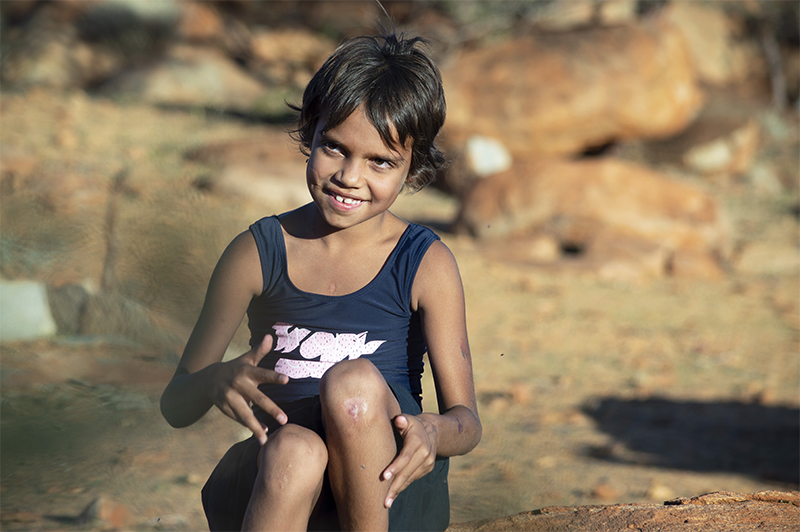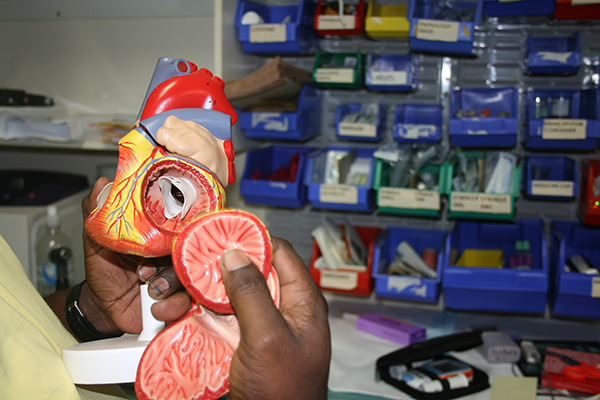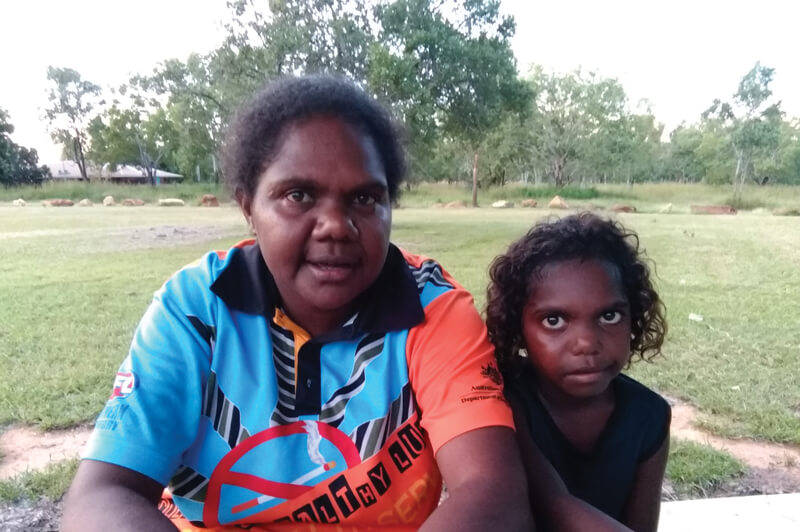Search

News & Events
Top honour for infectious diseases researchCongratulations to Associate Professor Asha Bowen, who has been awarded the 2022 Frank Fenner Award for Advanced Research in Infectious Diseases.

News & Events
The Kids Research Institute Australia Director elected to prestigious Australian Academy of ScienceProf Jonathan Carapetis has been elected as a new Fellow of the prestigious Australian Academy of Science in recognition of his pioneering, paradigm-shifting expertise in infectious diseases.

News & Events
Endgame for deadly heart disease will save hundreds of livesRheumatic heart disease, a deadly yet entirely preventable heart disease taking the lives of Aboriginal and Torres Strait Islander people, is finally on the verge of elimination thanks to new research

News & Events
For kids, by kids: New “Boom Boom” song teaches children how to prevent deadly heart diseaseOnce you hear it, you won’t be able to get it out of your head – and that’s exactly the point of the new song ‘Boom Boom’.

News & Events
Preventing RHD through community-driven activitiesHealth activities driven by remote Indigenous communities may be key to the sustainable and successful treatment and prevention of a potentially fatal disease, a study has found.

News & Events
Community collaboration ensures ending RHD is everybody’s businessCollaboration is the driving force behind ‘END RHD Demonstration Communities’ – a new community-driven, research-backed approach to tackling rheumatic heart disease (RHD) in remote Australia.

News & Events
New RHD research collaboration with Danila Dilba Health ServiceThe Kids Research Institute Australia and Menzies School of Health Research have joined forces with Danila Dilba Health Service to look at improving treatment for RHD.

News & Events
Urgent action needed to stop 500 preventable deathsA new report predicts rheumatic heart disease (RHD) will lead to over 500 preventable deaths and cost the Australian health system $317 million by 2031 if no further action to tackle the disease is taken.

News & Events
$2 million grant to develop diagnostic tool for rheumatic feverThe Kids Research Institute Australia & Menzies School of Health Research will lead an international project to develop a diagnostic tool for acute rheumatic fever.

The END RHD CRE is producing a costed, step-wise strategy to end rheumatic heart disease (RHD) as public health priority in Australia.
